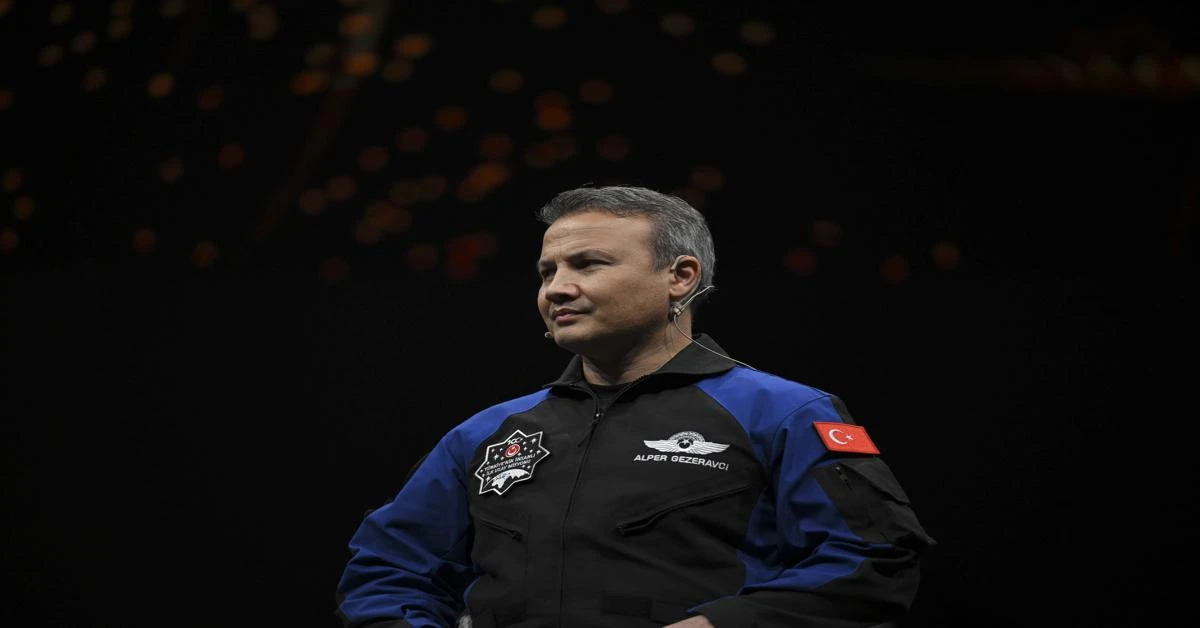Space microalgae experiment shows promising initial results

Scientists unveil initial findings of the groundbreaking microalgae experiment conducted by Alper Gezeravci in space
One of the 13 experiments carried out in Türkiye’s first human-crewed space mission was the “Expert” experiment, prepared under the leadership of Berat Haznedaroglu, associate professor at Bogazici University Environmental Sciences Institute, and aimed to determine the carbon dioxide capture performance and oxygen production capabilities of microalgae species.
Last week, samples returned from the experiments conducted by the first Turkish astronaut, Alper Gezeravci, marking the successful completion of his mission aboard the International Space Station (ISS).
In the investigations at Bogazici University’s Saritepe Campus, the experiment’s first results revealed that algae can convert 3 to 5 times more carbon dioxide into oxygen in a zero-gravity environment than in closed spaces.
This finding is essential for developing life support systems in closed space environments and providing the oxygen astronauts need during long-term space missions.
In the project led by Haznedaroglu, eight scientists from TUBITAK Marmara Research Center (TUBITAK MAM) and Istanbul Medeniyet University took part. At the same time, TUBITAK Space Institute also supported the preparation of the experimental setup.
In the experiment, three different types of microalgae were tested: two isolated from the poles and one that can live in fresh and salt water.
Source: AA
#haber#



